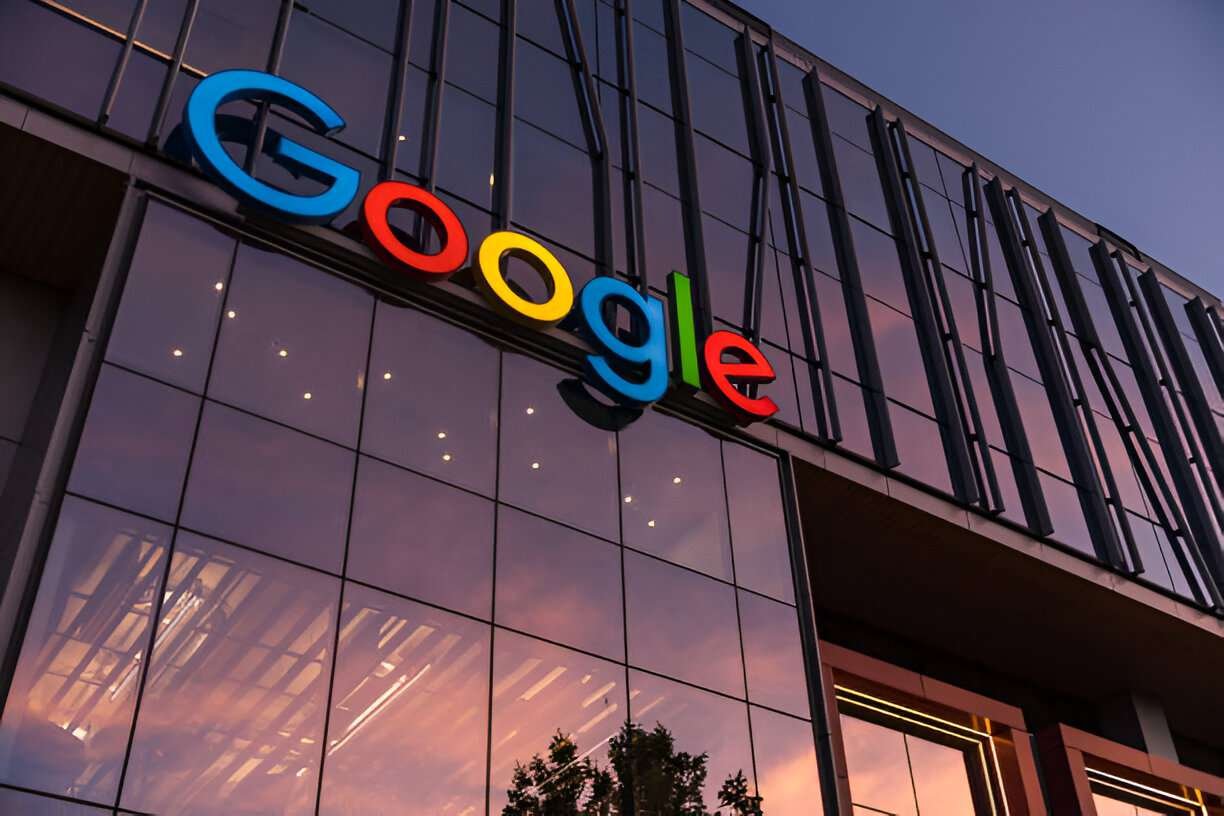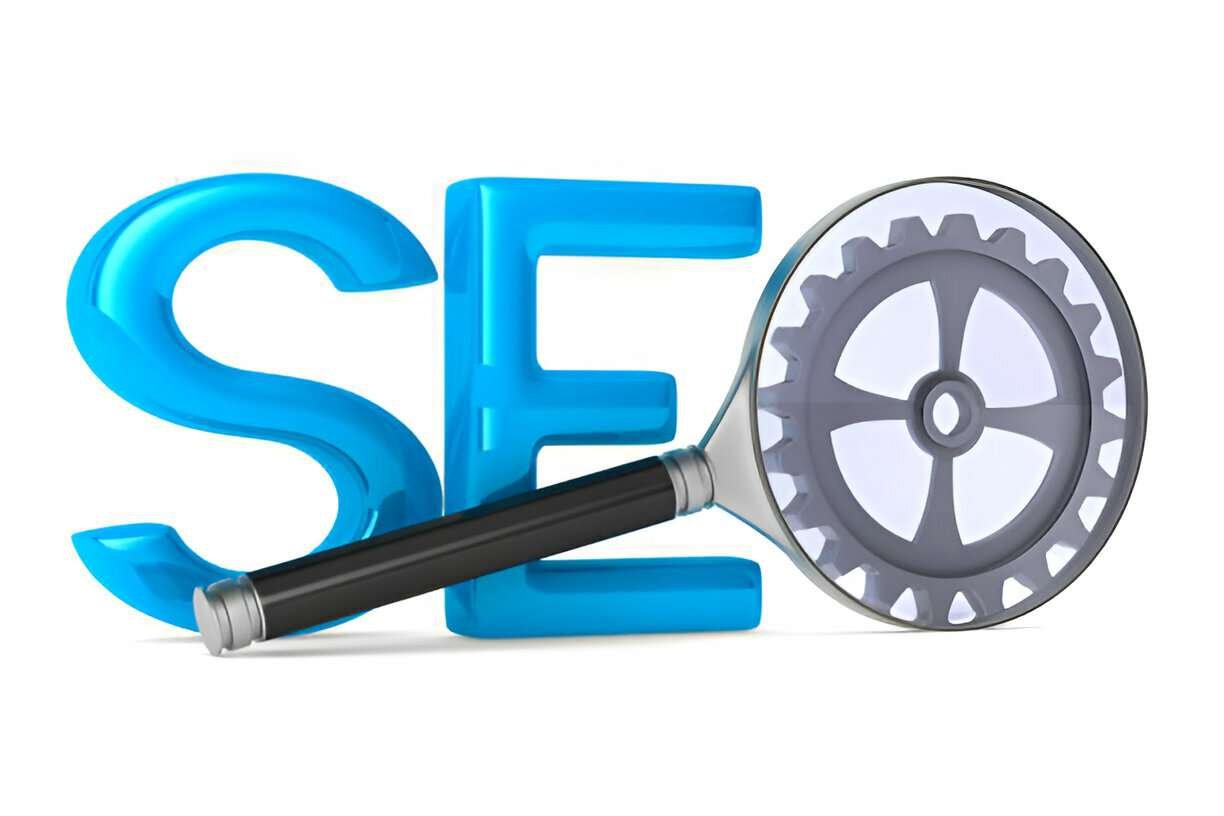SEO is evolving. Check out these trends to stay on top of the competition. These range from improvements to search and algorithm shifts to developments in artificial intelligence and conversational search.
SEO is becoming more vital for corporate leaders who want to remain ahead of the competition as the spending power of consumers continues to fluctuate and budgets for sponsored marketing continue to shrink.
Decision-makers may maintain their agility in an environment where the market landscape is always shifting if they make use of important insights into consumer trends that can be uncovered via thorough SEO techniques.
This article looks forward to 2024 and outlines five major trends and areas of opportunity to keep an eye on.
What Is enterprise SEO?
Enterprise search engine optimisation (SEO) refers to the basic and strategic implementation of organic initiatives across enterprise-level businesses.
This entails handling extensive SEO efforts for companies that have massive websites and a diverse selection of items and services to offer their customers.
Big companies with a variety of different departments and infrastructures are typical examples of the kinds of businesses that make use of enterprise SEO technology and integrate fundamental concepts into their operations.
The same principle applies to businesses that have thousands of different websites.
In addition to conventional SEO procedures, enterprise SEO requires stakeholder management, careful planning and strategy, and alignment with the organization’s overall objectives.
What has changed in enterprise SEO?
In the year 2022, this included enhancing communication through several channels and over a wider scope of departments, as well as expanding workflow, reporting procedures, and technologies.
Also, we saw an increase in the number of SEO experts who made use of data and insights in real time and who embraced AI-based automation.
As we fast forward to the year 2024, we discover that SEO has become ingrained in enterprises and that AI has been injected into SEO. These firms are searching for cost-efficient channels that can yield a return on investment (ROI) and bring additional advantages in terms of compounding benefits.
It’s here to stay, with more than 90 percent of businesses expected to use search engine optimisation in 2024. It is meant to develop, adapt, and alter while it is here!
It is moving beyond its usual borders, which is creating new chances for those who are agile, flexible, and prepared to adjust.
1. Increasing SEO Value
Companies that concentrate on SEO experience a growing return on their investment on an annual basis, which is compounded by the fact that most marketers are expected to do more.
My company, BrightEdge, conducts research into a variety of markets; one trend that we’ve seen is that industry leaders from the previous year are seeing a return on their SEO efforts that increases with time.
For instance, throughout the course of the last twelve months, we monitored how well the sites that ranked first for the top 1,000 e-commerce phrases performed.
According to the click statistics, we discovered that the same sites are now attracting 20% more terms than they did the previous year, which resulted in a 120% increase in traffic.
Your page gains authority as more and more people interact with it. And when other searches arise that are relevant to that page, the results of those searches are published as well for the various keywords. In addition to this, the traffic disappears as soon as you stop investing money in sponsored channels.
It is important to take note of the compounding impact that SEO has, since it is a major factor in the value that e-commerce sites generate.
The work that search engine optimisation (SEO) professionals conduct now pays dividends in the long term as well.
2. Search Engine Algorithms, Best Practices, And Search Engine Updates
Generating interesting, relevant content is the key to winning in this climate. We are just in Q1 of 2024, and the speed of development and innovation, notably around AI, has been fast. Keeping up with change is one of the most difficult difficulties that search engine optimisation (SEO) marketers face.
Analyzing the events that transpired in 2022 provides insight for marketers on the areas on which they should focus in 2024. Following are just a few examples:
Page Experience Update \ Updates such as Page Experience/Core Web Vitals were introduced to help people receive results quickly and render quickly.
In 2024, firms must prepare for success by merging data-led insights with technical SEO to maximise their website’s performance.
This involves testing the speed at which pages load, the amount of time it takes for browsers to respond, and the consistency of the information to provide the best possible user experience.
Enhancing site functionality and reducing Google stress!
Product Algorithm Update
This update was made to empower customers, allowing them access to trustworthy information to help them make better-informed choices when buying items.
In 2024, marketers, particularly in retail and e-commerce, should endeavour to redefine customer purchasing experiences.
If you’re selling things online, take pride in your professional expertise by delivering expert advice and material that buyers can trust.
Google Multi Search
In April last year, Google Multisearch provided intriguing methods for users to effortlessly get the specific information they need.
Via Google Lens, users can quickly and correctly search through photos or text, getting relevant results instantaneously. In addition, it displays how text and graphics are being mixed.
In 2024, expect a lot more from Google AI to improve how companies give reliable information to their consumers.
Businesses should prepare ahead by optimising content for mobile image-to-text ratios.
Useful Content Update
Google released the Helpful Content Update to help assure consumers access to the most useful search results and counteract information not directed at the end user.
As technology evolves with ChatGPT, so do content production standards.
In 2024, website owners and authors must generate information geared toward human readers, not machines or digital spiders.
Automatic techniques that “spin up” identical information are increasingly identifiable and unsuccessful.
Excellent items must be developed with consideration – if there is any chance for success with today’s complex algorithms utilized by big search engines like Google.
3. The use of conversational AI and chat GPT has gone mainstream
AI has for some time now been leading a revolution in the world of marketing, ushering in a whole new age of innovation in the process.
Pioneering technologies like IBM’s Watson and Google’s RankBrain have fundamentally altered the operation of search engines, whereas ChatGPT is breaking new ground by delivering conversational elements of artificial intelligence (AI) directly to end users.
The pace at which search engines develop and compete has quickened as a result of the advent of ChatGPT.
People are also able to connect directly with AI using conversational AI programmes such as Google Bard and Microsoft Bing Chabot.
Having said that, it is essential to keep in mind that:
The majority of conversational AI apps are designed to be used on their own.
The level of interest will increase as more AI is incorporated into the algorithms of search engines.
The potential exists for ChatGPT to provide content marketers and SEO professionals with a level of ease that has never been seen before. However, human beings are required to monitor its usage in order to adhere to Google’s policies.
It is essential to maintain strict adherence to E-E-A-T (Expertise/Authority/Trustworthiness) standards and helpful content guidelines, in spite of the fact that detection systems are expected to become more advanced as technology continues to improve.
It is also essential to keep in mind that the basic building blocks of SEO have not been altered in any significant way. SEO is still the foundation of a successful digital presence.
The greatest search engine optimisation practices call for the creation of useful material that is not only indexable by search engines but also interesting to human readers.
The efficiency and scalability of ChatGPT will be greatly improved. It will take less time to create content for smaller sites, while bigger sites may be able to put ChatGPT’s strong algorithms to use on more creative endeavours that need individualised attention.
Despite this, ChatGPT offers a variety of prospects as well as difficulties.
On the one hand, artificial intelligence has the potential to assist us in automating some of the more monotonous processes that are associated with search engine optimisation (SEO), such as keyword research and content optimisation. Because of this, our time will be freed up, allowing us to concentrate on activities that need more strategy and creativity.
On the other side, AI-powered voice assistants such as Siri and Alexa are gaining popularity, which implies that we need to optimise our material for voice search in order to make it more accessible to users.
In order to expand effectively, business SEO will absolutely need automation in 2024.
Automation not only helps save resources by taking care of mundane and repetitive tasks, but it also helps free up time so that more attention can be paid to strategic planning, creative endeavors, and digital alignment, all of which are essential components of the enterprise SEO mandate.
Nevertheless, you shouldn’t spend all of your effort trying to catch up with the algorithm. Instead, rely on technology to assist with detection, predetermination, and repair at the proper time and place. It is impossible for humans to digest all of the data that is available to them.
4. The Importance of Data Lakes and Business Intelligence
According to statistics provided by Salesforce, almost four out of five marketers feel that data quality and intelligence are among the most critical variables driving marketing effectiveness. This is a crucial key performance indicator for the corporate search marketer.
The manner in which searches are conducted mirrors evolving patterns in the interests and behaviours of customers.
In a similar vein, digital advancements and trends in content development are mirrored in search results. As a direct consequence of this, we are seeing an increase in the usage of search data as a source of essential business information, as well as the significance of this role.
Search engines have gotten more complex in both the algorithms and ranking variables that they use in response to the ever-increasing quantity of information that is accessible online.
This indicates that experts who work in SEO need to do more data analysis in order to comprehend how search engines index and rank results.
In addition, in order to optimise their websites and increase their positions in search engine results pages, marketers need to analyse user behavior, measure the success of keywords, and monitor website traffic.
Data lakes are vast stores of raw data that can be processed and analysed to derive useful insights, and they are playing an increasingly essential role in search engine optimisation (SEO). Data lakes may be thought of as giant swimming pools of information.
In addition to this, they provide a centralised site for storing and managing massive volumes of data, which enables SEO specialists to access and analyse data from a variety of sources all in one spot.
By using data lakes, search engine optimisation (SEO) experts may get more in-depth insights into user behaviour and search engine rankings. This provides them with the ability to make choices about their SEO tactics that are more informed.
Additionally, they are able to spot patterns and trends in the behaviour of users, which may assist them in optimising their website and improving their positions on search engines.
Search Business Intelligence is a tool that may assist companies in precisely identifying what aspects of their business and industry are of the utmost importance to them. In addition to this, it may assist business SEO professionals in seeing trends both at the macro (industry) and granular (category) levels.
In order to better deliver business advantages across their organisations in 2024, corporate marketers will need to become more adept at displaying the value derived from business intelligence insights. Take, for instance:
Increasing one’s familiarity with the brand.
Offering input on product marketing and offering insights for upcoming releases.
Developing lead generating campaigns using both inbound and outbound methods.
Providing information on market trends to sales teams.
Providing content and digital teams with information on intent and search engine results page (SERP)/content kinds.
5. SEO and the Delivery of Complete Experiences and Services
The term “enterprise SEO” refers to more than simply optimisation. It develops management across departments, the application of business savvy, and enterprise-wide management of outcomes.
The administration of a variety of experiences is required for enterprise SEO, including but not limited to the following:
- Staff recruitment and retention are of critical importance.
- Management of the available labour force.
- Use of both new and existing technologies.
- The provision of professional consulting services.
- Management of accounts both internally and externally.
- Optimization of a number of different digital experiences and content.
Enterprise search engine optimisation management will entail a greater emphasis on the following in 2024:
- Organizations all across the world need training and certification in SEO, content, and digital.
- Alignment of the CEO, CMO, and SEO on the objectives and results.
- Instruction in the administration of technology and platforms.
- Evangelism of outcomes, both within and beyond the organization.
Increased cooperation with information technology and striking a balance between AI and human capital.
Building an enterprise SEO center of excellence is something that many different kinds of businesses can undertake.
Conclusion
In 2024, organisations have a duty to maintain a competitive advantage in the ever-changing world of search engines.
In order to do this, it is necessary to use SEO insights as an irreplaceable source of business knowledge and to leverage AI automation technologies for repetitive processes in order to free up resources and grow successfully.
In addition, the usage of technological best practices should be encouraged so that websites may provide the greatest possible experiences for their visitors, while also ensuring that the content is not overoptimized in accordance with Google’s criteria.
In addition, visual search demands the utmost regard since its significance is becoming more and more obvious.
In 2024, new prospects in artificial intelligence (AI) and content creation will arise for corporate SEO.
Yet, it is important to keep in mind that the essential building blocks of SEO have not changed:






